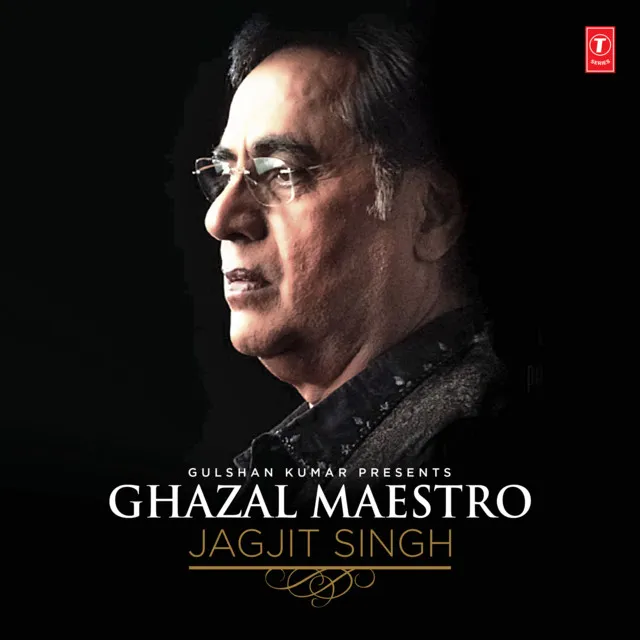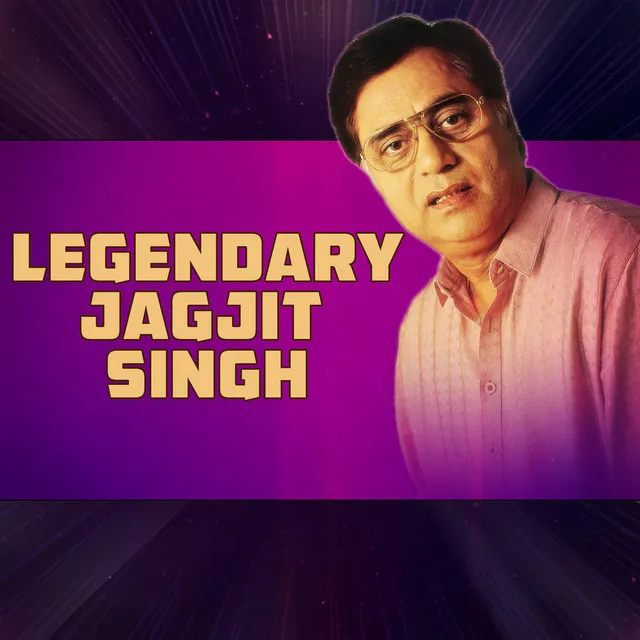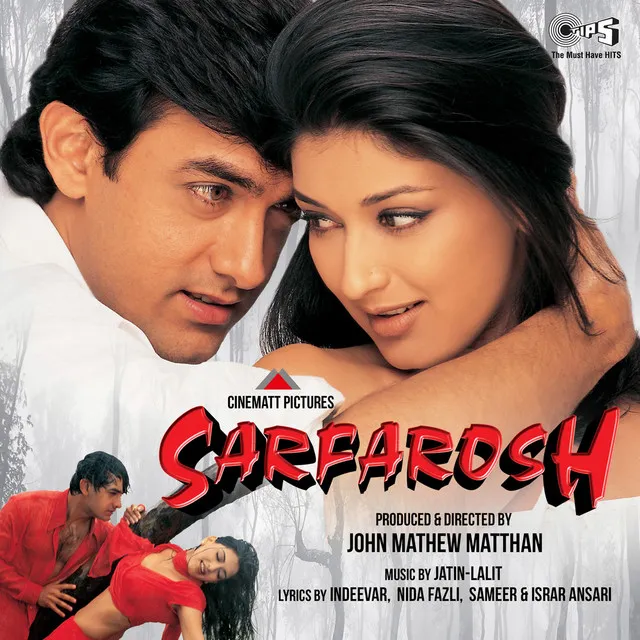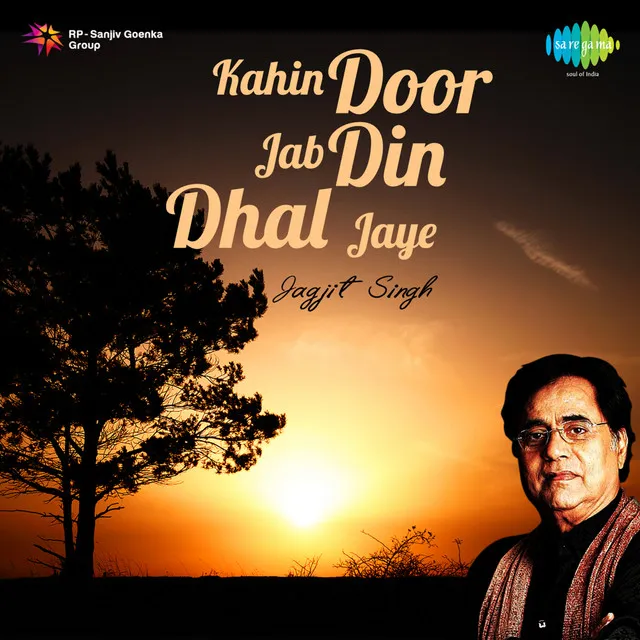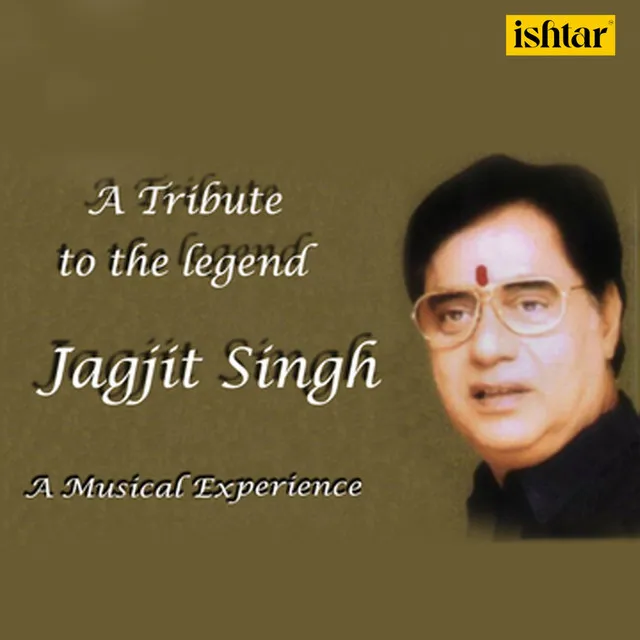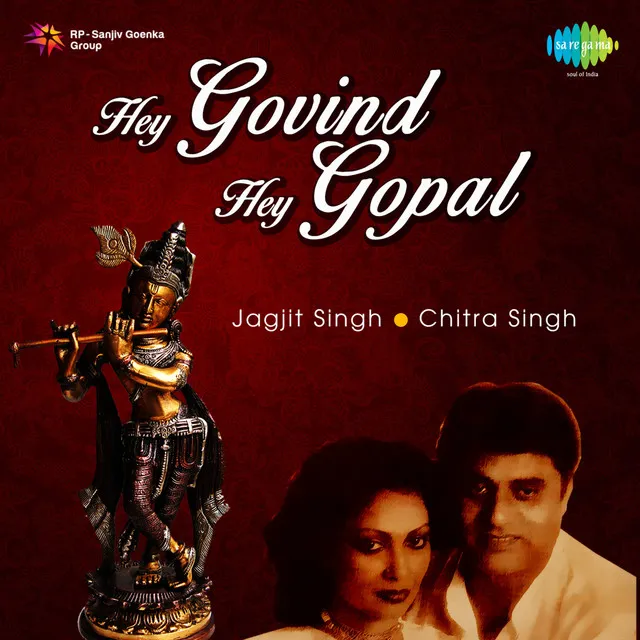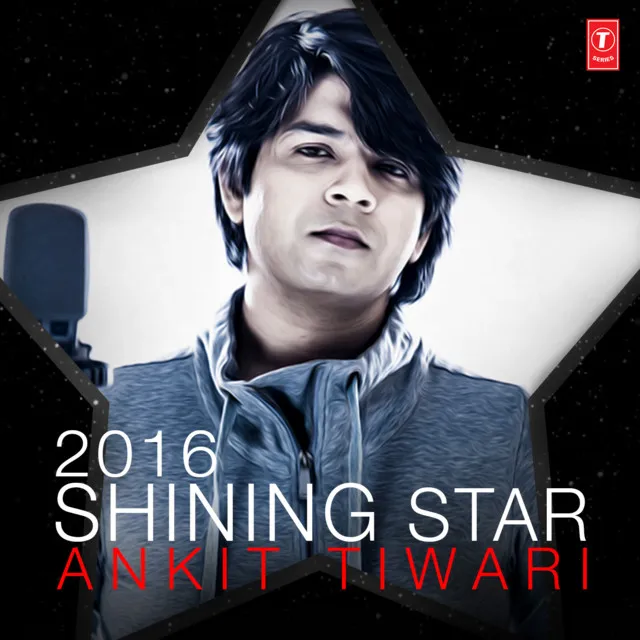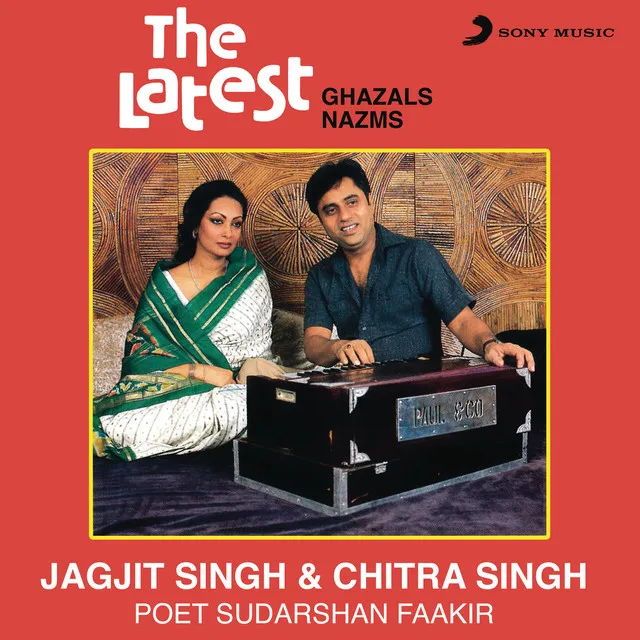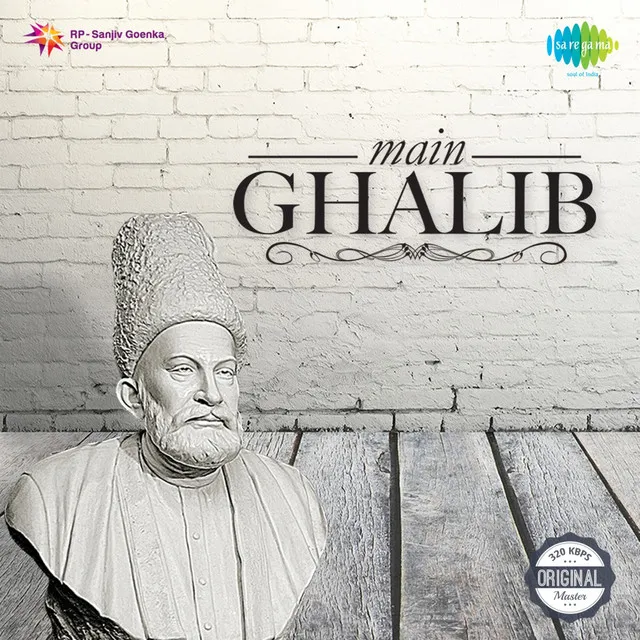Jagjit Singh was an Indian classical singer, composer, and musician known during his lifetime as "The Ghazal King." After Ravi Shankar, he is considered one of post-colonial India's most important and recognizable artists, and certainly its best-selling due to his soundtracks and scores for film and television, and his musical interpretation of the works of poets. Including scores, he recorded over 60 albums during his lifetime. He is known not only for his ghazals and singing in several languages, but also for Indian light classical music, including thumri and bhajan.
He and his wife, ghazal singer Chitra Singh, came to prominence during the '70s and '80s and revived the style of traditional singing that had languished since the late '50s. Composing in the Bol-pradhan style (sung poetry and vocal improvisation over set musical arrangements), he used simple melodies and modes to accompany lyrics that were considered current and relevant to contemporary life.
Singh, a Sikh, was born in the Punjab's Rajastan area. He began his musical studies at the Khalsa College Sr. Sec. School and pursued them at Khalsa College, Sriganganagar. He attained an arts degree and pursued post-graduate studies at Kurukshetra University in Haryana. He studied with Pandit Chhaganlal Sharma and Ustad Jamaal Khan. He began his professional singing and composing career for All India Radio in 1961. He moved to Mumbai in 1965 to try to establish himself as either a singer and/or composer in the massive Bollywood industry. It was hardly an auspicious beginning: he spent years writing and singing advertising jingles and eventually gained a slot doing playback singing in films. He met his future wife in 1967; they were married two years later. Though they performed as a duo, they were unable to record together until the middle of the '70s. Their debut album, The Unforgettables, was issued by HMV in 1977. Though they only sang together on two cuts, the single "Baat Niklegi" became their first hit; it was celebrated for its juxtaposition of modern arrangements and the classical ghazal form. Though the following ghazals issued a year later did well, they paled in comparison to 1979's double album Come Alive in a Live Concert with Jagjit and Chitra Singh and 1981's Live in Concert at Wembley. 1981's Saath Saath and 1982's Arth -- both composed by Singh -- elevated their reputation to that of living legends. They are listed among HMV's best-selling soundtrack recording artists of all time. Singh's other film scores included Premgeet, Tum Bin, Sarfarosh, Dushman, and Tarkeeb.
In 1991, the Singhs' son Vivet was killed in a car accident. He was 21. Chitra retired from singing in the aftermath. Forced to go it alone, Singh collaborated with legendary ghazal singer Lata Mangeshkar on 1991's Sajda. It topped the charts instantly and eventually went on to become one of, if not the, best-selling non-soundtrack recording in HMV India's catalog. Singh recorded often, collaborating with poet/lyricist Gulzar. All of his albums during the '90s charted. He also began to work extensively in television during the '90s. He composed songs, serial music, and scores for Heena, Neem Ka Pead, and Hello Jhindagi, to name a few. He began teaching and mentored many Indian popular singers including Abhijeet Bhattacharya, Ashok Khosla, Ghanshyam Vaswani, Siza Roy, Talat Aziz, and Vinod Sehgal. During the era, Singh discovered and mentored the prolific Indian playback singer Kumar Sanu, and continued to perform, record, and compose songs and film scores. In 1998, he was given the Sahitya Academy Award, a literary honor for popularizing the work of poet Mirza Ghalib with his score and soundtrack for the television series of the same name. In 2003, he was given the Padma Bhushan, a high-level civilian award by the Indian government. He received a Teacher's Lifetime Achievement Award in 2006.
In 2011, before a concert with Ghulam Ali, Singh suffered a brain hemorrhage. He passed away on September 23. He was posthumously awarded the Rajasthan Ratnain 2013, the highest civilian award by the state government of Rajasthan. Google celebrated him with a home page doodle that same year. The popularity of Singh's music has only spread since his death. His recordings and compilations have been reissued numerous times throughout Europe and Asia. ~ Thom Jurek, Rovi
